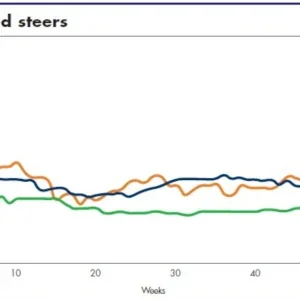The onward march of the Chinese economy and its cheap labour appears to be on the verge of claiming another high profile casualty: the Czech leather shoe manufacturing industry. The country that gave the world Bata shoes, and which in the inter-war years carved itself a proud niche as a highly respected manufacturer of shoes, has been overwhelmed by Asian shoe imports sold at prices with which venerable companies are unable to compete.
According to the Czech Shoe and Leather Association, 71 million pairs of shoes were produced in the country in 1991 by an industry that employed 35,000 people: today that figure is down to just five million pairs a year made by 3,000 workers. Even five years ago there were 100 shoe companies in the Czech Republic – today there are just 12.
In 2005, China exported around 56 million pairs of shoes to the Czech Republic, representing 80% of all shoe imports. ‘China and Asia represent a huge problem for us’, admitted Petr Kubat, president of the Czech Shoe and Leather Working Association and joint owner of DPK.
His own company, which specialises in baby shoes, has not escaped the onslaught. This year Mr Kubat expects to produce 5,000 pairs of shoes a month, compared with 12,000 pairs five years ago.
Mr Kubat doubts that the European Commission’s plans to impose anti-dumping duties on Chinese footwear exports will be able to help defend the Czech sector against the Chinese. ‘It won’t have any impact even if they raise the duty to 20% or even 50%’, he said.
‘The labour price in China is so small that it can absorb that tax.’ A typical Chinese factory wage is US$30 a month while a Czech shoe worker will not accept less than US$700 a month.
‘What will things look like in ten years’ time? Well, perhaps the Chinese will have moved their production over here too’, said Mr Kubat. ‘It’s not just a problem for us here in the Czech Republic – it’s a problem for all of Europe.’
Bata shoes, which have enjoyed a worldwide reputation, were scathing about what they see as the European Union’s belated efforts to address the issue of cheap Chinese imports. ‘The Czech shoe industry basically doesn’t exist anymore’, said a company spokesman, ‘so whatever the EU does, it cannot relight the fire again.
‘We’ve seen the negative impact from China – low quality, low respect for
standards and confusing material
imitations. If there is something too ‘free’ in EU, it’s low protection of traditional quality standards.’






